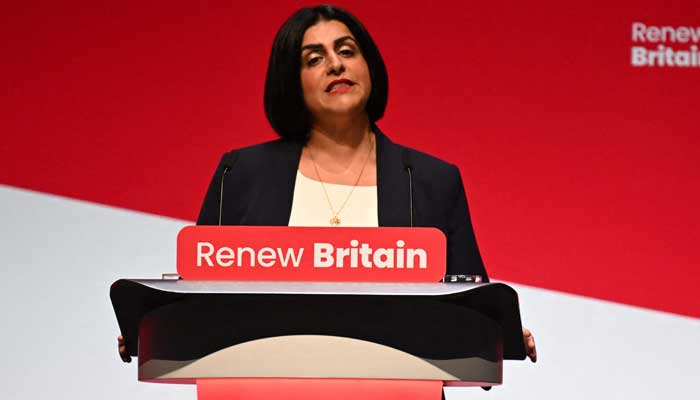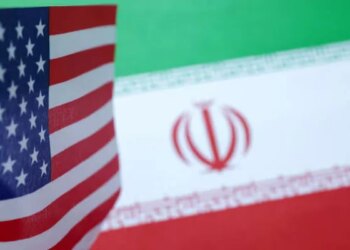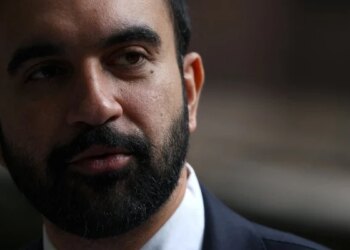Select Language:
Britain’s Home Secretary Shabana Mahmood stated that anti-Muslim hatred in the UK has reached unprecedented levels in her lifetime. Speaking at a Spectator fringe event during the annual Labour conference in Liverpool, hosted by Lord Michael Gove, Mahmood shared her personal experiences, mentioning that she first encountered racial slurs like “Paki” around age seven or eight. She emphasized that the current climate is more sinister and widespread, stating that she and her family have recently been called offensive names in Birmingham and other familiar spots.
Mahmood pointed out that the descendants of old hate groups, such as skinheads and Paki-bashers, were among those rallying at the recent Unite the Kingdom demonstration in London. While not all participants chanted racist slogans, some did, and the message was clear: they see her and others like her as unworthy of a place in the country. The event drew between 110,000 and 150,000 attendees, according to police estimates, organized by far-right figure Tommy Robinson.
During the conference, Mahmood warned that if her party doesn’t tackle immigration and related issues head-on, societal division will intensify. She outlined proposed reforms to the indefinite leave to remain system, including mandatory English language proficiency, a clean criminal record, community volunteer work, employment, and contribution to national insurance, all while not claiming benefits.
Reflecting on a recent march in London, Mahmood recounted how around 150,000 people demonstrated under the banner of a convicted criminal and former BNP member. She described some violence and injuries among police officers, noting that a segment of the protestors held racist views and believed she had no place in the country. She warned that dismissing this as a minority’s anger would overlook a broader, more concerning trend that challenges national identity.
Mahmood expressed concern that working-class communities might turn away from Labour and seek solace in the false promises of figures like Nigel Farage if the government neglects migration issues. She warned that such reactions could foster narrower, less welcoming views, exacerbating division domestically.
She underscored the importance of uniting the country and defending the idea of a greater Britain, cautioning that patriotism is devolving into ethno-nationalism. She defended proposed measures to condition permanent residency, arguing they are fair and necessary, emphasizing that they establish a reciprocal relationship—what people do and contribute is as important as their right to stay.







